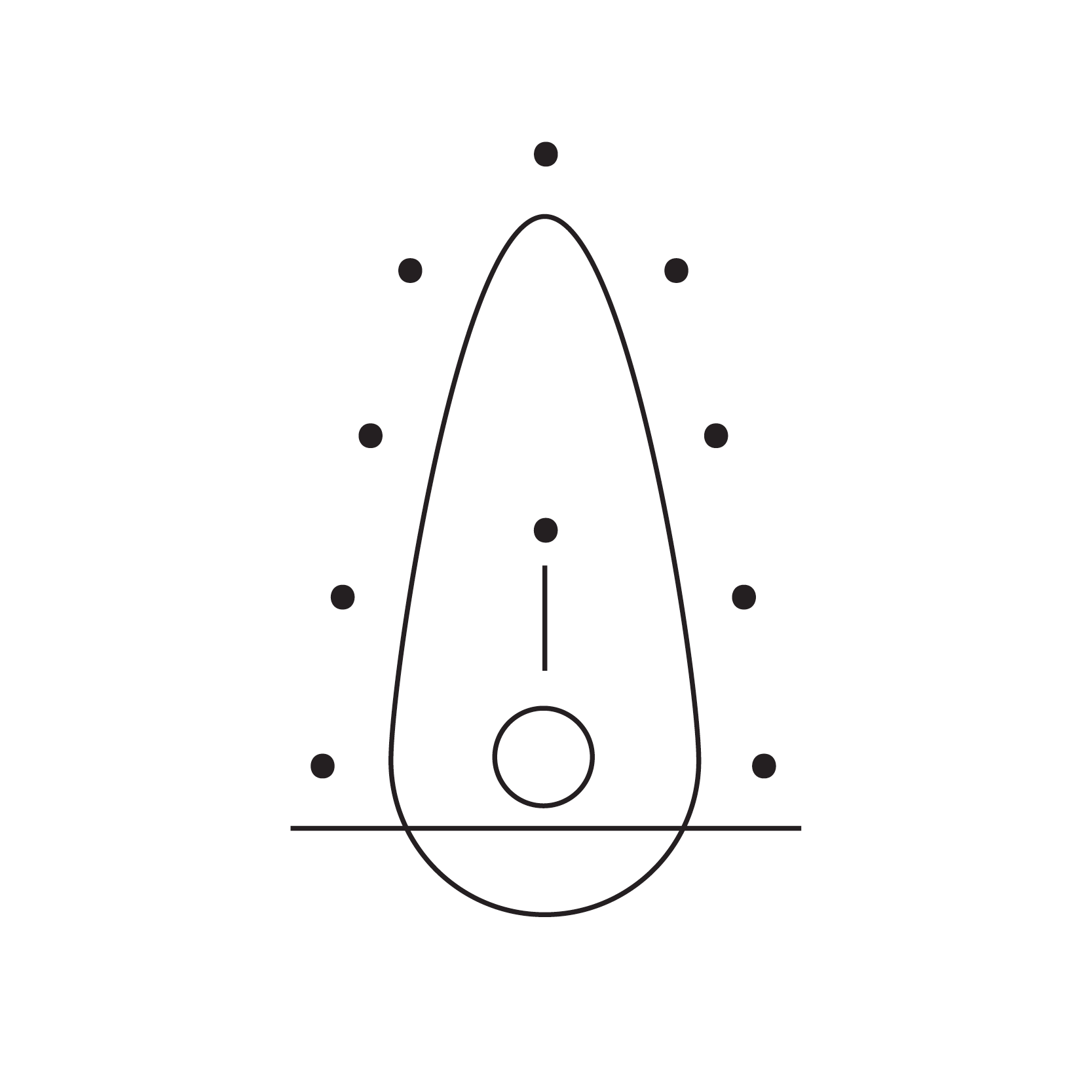The 2 Arrows
I want to talk to you about dissatisfaction. Why do we often feel dissatisfied when we have so much abundance in our lives? The Pali word for this is 'Dukkha'(which also happens to be a tasty Egyptian seasoning, but I digress)
Yet another word for dukkha is suffering. It doesn't have to be what we might call 'extreme suffering', often its a low-level hum of anxiety, sometimes very subtle, but enough to keep us from fully appreciating this wonderful life.
Notice throughout the day any sense of 'this shouldn't be happening, I'm not enough, I'm not OK, I need to be different, things need to be different, I shouldn't be feeling like this, something is going to go wrong.
That is dukkha. And it seems to be all pervasive in most people (me included). My brain is always scanning for some potential problem. I l know this is due to natural selection (my survival brain), and has kept our species alive for eons, but doesn't actually make us happy (always remember, 'natural selection' only wants to spread our genes. It doesn't care if we're happy and fulfilled or not.)
We often think, I don't suffer, others have it much worse than me, I should just get on with it, I should 'pull myself together'. I shouldn't be feeling like this.
And there lies the root of our unhappiness or dukkha. All those 'shoulds'. The word 'should' implies that there's something bad or wrong about what we're feeling. In the teachings of Mindfulness we learn how to see the world from a non-dualistic perspective. Which means, instead of right or wrong, we're open to not knowing, and things being 'interesting' instead.
Remember the parable of the horse from a few newsletters back? If not, here's a refresher. The basic principle is, events happen in our life. We call them 'good' or 'bad' when actually, we have no idea what they are leading to. Very often we get so stuck in resistance, we cannot see the bigger picture.
An example of this would be the physical studio having to close due to covid. My first reaction was 'this is terrible, this shouldn't be happening, this isn't fair, poor me, how terrible.' Which is an example of dualistic thinking, dividing things into right or wrong. I assumed this was a 'bad thing.
Fast forward 3 months later. The studio kept running on Zoom. Students from all across the world, friends of mine in England I hadn't seen for years could do our classes. We've launched an online studio (been putting that off for about 5 years). I got to enjoy 2 months of hardly leaving Broulee, not driving, not spewing carbon emissions into the atmosphere and spending my days riding around, talking with the trees, swimming and lounging on the beach (how terrible!)
The point is we call things good, we call things bad, but really we don't know. The healing comes from letting there be room for everything, allowing ourselves to experience life, the joys and the pain without adding this 'the second arrow' of self-blame.
As Tara Brach writes 'I sometimes think that the most basic truths are the ones that we most regularly forget, and one of them is: If we are turned on ourselves, we cannot love this life. The turning on ourselves contracts us. In those moments, we are disconnected from our inner life and from each other. We move through the day with an undercurrent of I’m not okay, but are unaware of how much it’s affecting our capacity to relax and enjoy our moments.'
In Buddhist teachings, the Buddha described two arrows. The first arrow is the natural experience that arises in this human animal that we are, for example: fear, aggression, greed, craving. The second arrow is self-aversion for the fact of the first arrow. We have the experience of being nasty, selfish or greedy, and we don’t like ourselves for that. That’s the second arrow. The Buddha says: “The first arrow hurts, why do we shoot the second arrow into us, ourselves?” And yet we do. He goes on to say: “In life, we cannot always control the first arrow; however, the second arrow is our reaction to the first. The second arrow is optional.” The first arrow arises from causes and conditions beyond our control. But when we learn to release the judgment and self-blame that we experience in response to the first arrow, the second arrow becomes completely avoidable.
In order to be able to really bring compassion and friendliness to the first arrow, we must first understand that what is happening inside of us is a natural part of our survival conditioning. It is part of being human, and is really not our fault.
So we can avoid all the extra layers of suffering by meeting whatever life presents to us with compassion, grace and surrender.
And isn't that the whole point of all of this? To live with less suffering, less dissatisfaction, more kindness and more love?
Luckily we don't have to do this alone. We really are all in this together, and we have these incredible teachings of Yoga, Buddhism, Mindfulness and all the contemplative practices to take refuge in.
It all starts on the mat. I'll see you there.
